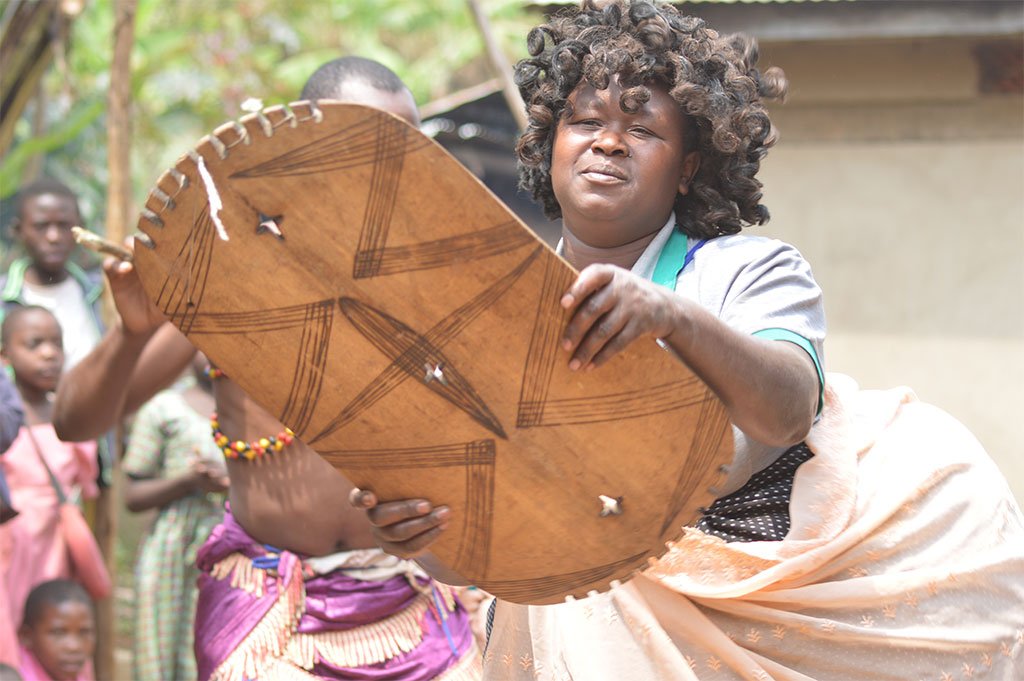Gorilla Trekking Adventures
Embark on a fascinating gorilla trekking safari in Uganda and Rwanda with Kenlink Tours. Witness majestic mountain gorillas up close in their natural habitat, guided by experts for a once-in-a-lifetime adventure through lush rainforests and scenic landscapes.
READ MORE






